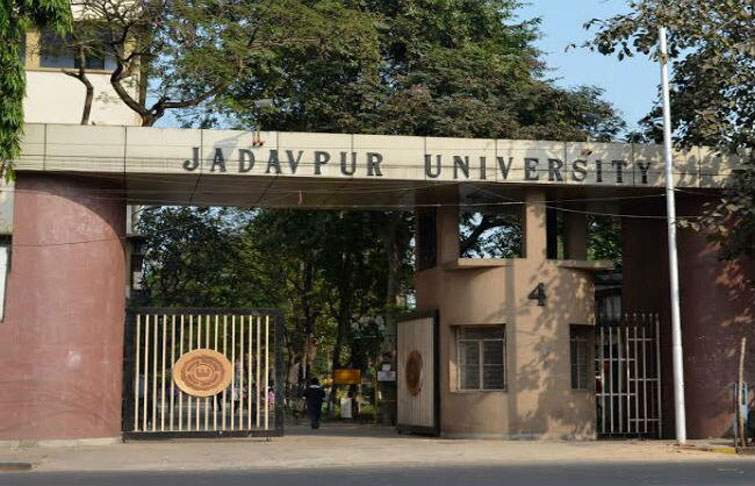Jadavpur University will carry out a survey among students to find out who need smartphones, which are a must for the learners to download study materials from the university’s portal once classes resume.
Classes in non-contact mode, which will not require students to come to the campus, are likely to start in September.
Once the list of students in need of smartphones is ready, the university will approach business houses for funds to buy the devices for the learners, vice-chancellor Suranjan Das said.
The VC had on Tuesday asked the faculty councils of science, arts and engineering to come up with models on resumption of classes for the students in the intermediate semesters amid the pandemic.
“The teachers have suggested models on how classes could start in September. Let the faculty councils come up with models. We will ensure that the students without a smartphone are not left out…. Once the list is drawn up, we will reach out to business houses to raise a corpus,” Das said.
The teachers have suggested that study materials — notes, soft copies of textbooks, powerpoint presentations, and audio and video lectures — be delivered to the students through email and WhatsApp.
A university official said some teachers had proposed creating a central repository on the university’s website, which would have a section where course materials would be uploaded.
Partha Pratim Roy, a teacher of physics at JU, said they had urged the VC to adopt an inclusive approach so students lacking basic connectivity were not left out of the classes. Many students at the university are from remote places, where the Internet connectivity is weak.
“Those living in the Sunderbans have their roofs blown away in the May 20 cyclone. They are still struggling to stitch their lives together. They cannot be expected to buy smartphones. The university has to do something,” said Roy.
Das had asked teachers in April to be “cautious” about conducting online classes or sharing digital content as “many students may not be able to afford a desktop computer or laptop at home, or may be staying in a remote village, with limited or no Internet connectivity”.
Will the university take steps to buy underprivileged students computers, as IIT Bombay has done by raising a corpus from the alumni? The IIEST alumni, too, has raised a corpus to buy its students devices to enable them to attend online classes.
“Let us start with smartphones,” Das said.

